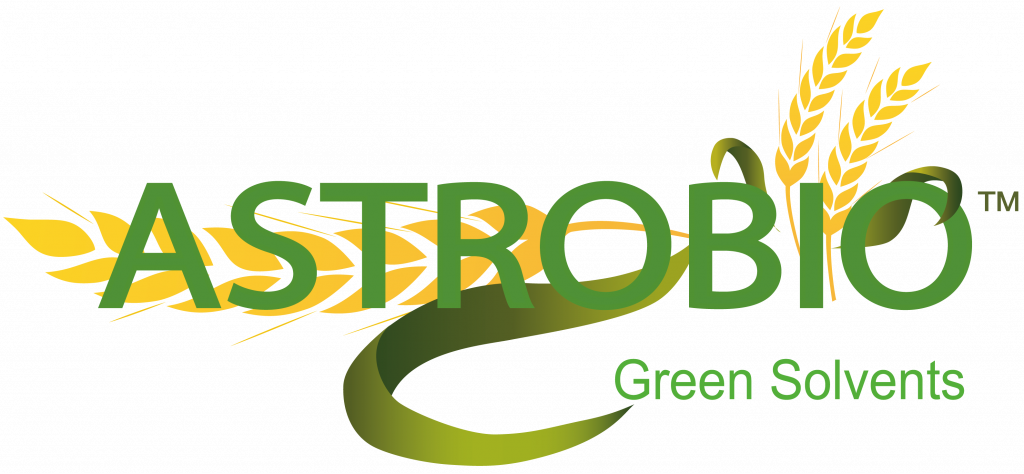- +39 0331 296654
- [email protected]
- Mon - Fri: 8:30 - 18:00
Dearomatized paraffins D40
CAS n° 64742-48-9
Paraffins D40 is commonly used as a solvent. It is used in hydrocarbon cracking, laundry soaps, and cleaning fluids. D40 is also used to make varnishes, and sometimes is used as a fuel for camp stoves and as a solvent (diluent) for paint. Although naphtha has many uses, some forms of it can be dangerous. Many kinds of naphtha can cause skin irritation, upset stomachs, and other health problems if people are exposed to them. Some forms are also carcinogens, and thus inhalation or ingestion of the chemical should be avoided.
Dearomatized paraffins D100
CAS n° 64742-48-9
Paraffins D100 is commonly used as a solvent. It is used in hydrocarbon cracking, laundry soaps, and cleaning fluids. D100 is also used to make varnishes, and sometimes is used as a fuel for camp stoves and as a solvent (diluent) for paint. Although naphtha has many uses, some forms of it can be dangerous. Many kinds of naphtha can cause skin irritation, upset stomachs, and other health problems if people are exposed to them. Some forms are also carcinogens, and thus inhalation or ingestion of the chemical should be avoided.
Dearomatized paraffins D60
CAS n° 64742-48-9
Paraffins D60 is commonly used as a solvent. It is used in hydrocarbon cracking, laundry soaps, and cleaning fluids. D60 is also used to make varnishes, and sometimes is used as a fuel for camp stoves and as a solvent (diluent) for paint. Although naphtha has many uses, some forms of it can be dangerous. Many kinds of naphtha can cause skin irritation, upset stomachs, and other health problems if people are exposed to them. Some forms are also carcinogens, and thus inhalation or ingestion of the chemical should be avoided.
Ethyl lactate
CAS n° 687-47-8
ASTROBIO™ EL it’s our ethyl lactate: bio-based ethyl ester of natural lactic acid (CAS n: 687-47-8). It’s fully miscible with water and with many other organic solvents. It has high boiling point, slow evaporation rate and a great solvency power for many kinds of resins, polymers and soils. ASTROBIO™ EL it’s currently used to make ink cleaners, adhesive removers, hand wipes, paint strippers, graffiti removers and textile stain removers (especially when blended with our ASTROBIO™ G 4). It’s a valid alternative to many fossil based solvents in the formulation of coatings, laquers, paints, varnishes and inks based on acrylics, epoxies, alkydics, vinylics, phenolics, melaminics, urethanes, polyesters, and ABS resins. It’s a safer choice than mineral spirits, MEK or MIBK for cleaning vessels, tanks, semi-bulk bins and reactors. ASTROBIO™ EL it’s also used in eyewear manufacturing.
Ethyl acetate
CAS n° 141-78-6
Ethyl acetate is a colorless liquid that has a characteristic sweet smell (similar to pear drops) and is used in glues, nail polish removers, and in the decaffeination process of tea and coffee. Ethyl acetate is the ester of ethanol and acetic acid. It is manufactured on a large scale for use as a solvent.
Naphta
CAS n° 8030-30-6
Naphtha is a liquid hydrocarbon mixture. Mixtures labelled naphtha have been produced from natural gas condensates, petroleum distillates, and the distillation of coal tar and peat. In different industries and regions naphtha may also be crude oil or refined products such as kerosene. Naphtha is commonly used as a solvent. It is used in hydrocarbon cracking, laundry soaps, and cleaning fluids. Naphtha is also used to make varnishes, and sometimes is used as a fuel for camp stoves and as a solvent (diluent) for paint. Although naphtha has many uses, some forms of it can be dangerous. Many kinds of naphtha can cause skin irritation, upset stomachs, and other health problems if people are exposed to them. Some forms are also carcinogens, and thus inhalation or ingestion of the chemical should be avoided.

